Exploring Alternative Bladder Cancer Treatments in Mexico
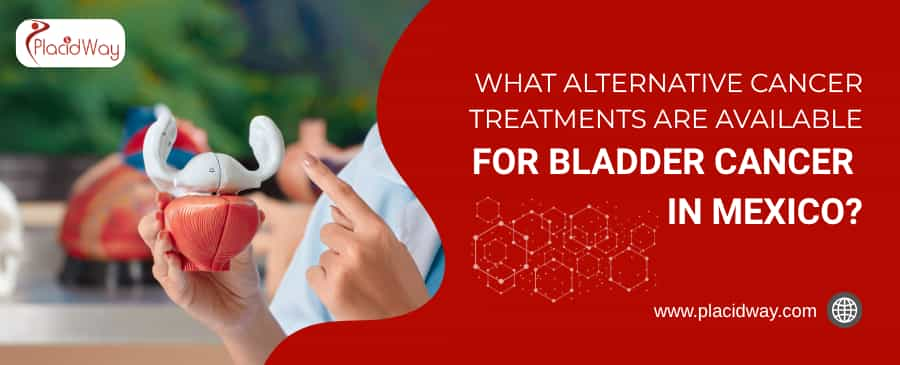
"Considering alternative bladder cancer treatments in Mexico? This guide provides an in-depth look at the innovative therapies available, their costs, and what to expect."
Welcome to our comprehensive guide on alternative bladder cancer treatments available in Mexico. For individuals seeking options beyond conventional methods, Mexico has become a notable destination for innovative and holistic cancer care. This is largely due to the availability of treatments that may not be widely accessible in other countries, combined with a patient-centered approach to healing. In this post, we will explore the various alternative therapies for bladder cancer offered in Mexico, addressing common questions about their effectiveness, safety, and cost. Our goal is to provide you with the necessary information to make an informed decision about your health journey.
What are the main types of alternative bladder cancer treatments in Mexico?
"The main types of alternative bladder cancer treatments in Mexico include immunotherapy, sonodynamic and photodynamic therapy, dendritic cell therapy, metabolic therapy, and hyperthermia, often used in combination."
Mexico is home to numerous clinics that specialize in a range of alternative cancer therapies. For bladder cancer, these treatments focus on either directly targeting cancer cells or boosting the body's natural defenses. Immunotherapy, for example, works by enhancing the immune system's ability to recognize and fight cancer. This can involve various approaches, from checkpoint inhibitors to more experimental cellular therapies.
Sonodynamic Therapy (SDT) and Photodynamic Therapy (PDT) are non-invasive treatments that use sound or light waves to activate a sensitizing agent that selectively destroys cancer cells. Dendritic cell therapy is a personalized form of immunotherapy where a patient's own immune cells are programmed to attack their specific cancer. Beyond these, clinics may offer metabolic therapies that aim to alter the tumor's environment, and hyperthermia, which uses heat to damage and kill cancer cells.
How does Sonodynamic and Photodynamic Therapy work for bladder cancer?
"Sonodynamic Therapy (SDT) and Photodynamic Therapy (PDT) for bladder cancer involve administering a non-toxic photosensitizing agent that accumulates in cancer cells. Ultrasound (for SDT) or specific wavelengths of light (for PDT) are then used to activate the agent, which releases reactive oxygen species that destroy the tumor cells."
These therapies offer a targeted approach to killing cancer cells with minimal damage to surrounding healthy tissue. The photosensitizing agent is administered intravenously and is naturally absorbed by rapidly dividing cells, such as cancer cells. For bladder cancer, the light or sound can often be delivered directly to the tumor site using endoscopic instruments.
The activation of the sensitizing agent creates a highly reactive form of oxygen, known as singlet oxygen, which is toxic to the cancer cells. This process not only leads to direct tumor cell death but can also damage the blood vessels that supply the tumor and stimulate an anti-tumor immune response. Clinics like Stem Health Guadalajara in Mexico are known for offering these advanced treatments.
What is Dendritic Cell Therapy and is it available in Mexico for bladder cancer?
"Yes, dendritic cell therapy is a personalized immunotherapy available in Mexico for bladder cancer. It involves creating a custom vaccine from the patient's own immune cells to target their specific cancer."
Dendritic cells are specialized immune cells that play a crucial role in initiating an immune response. In this therapy, a patient's dendritic cells are collected from their blood. In a laboratory setting, these cells are "trained" to recognize specific antigens present on the patient's bladder cancer cells. This is often achieved by exposing the dendritic cells to tumor antigens from a biopsy or by using synthetic peptides.
Once activated and multiplied, these "educated" dendritic cells are infused back into the patient's bloodstream. They then migrate to the lymph nodes and present the cancer antigens to T-cells, effectively programming them to seek out and destroy bladder cancer cells throughout the body. Clinics like ITC - Immunity Therapy Center in Mexico specialize in this type of personalized cancer treatment.
What is the cost of alternative bladder cancer treatments in Mexico?
"The cost of alternative bladder cancer treatments in Mexico can range from $15,000 to over $50,000 USD, depending on the specific therapies included in the treatment plan, the clinic, and the duration of stay."
The cost of treatment in Mexico is often more accessible than in the United States, but it's important to understand what is included in the price. A comprehensive treatment plan that includes multiple therapies like immunotherapy, SDT/PDT, and detoxification protocols will be at the higher end of the price range. Many clinics offer all-inclusive packages that cover the treatments, consultations, accommodations, and sometimes even meals.
Here is a general breakdown of potential costs for some common therapies:
Are alternative cancer treatments in Mexico safe and regulated?
"Alternative cancer treatments in Mexico are regulated by the Federal Commission for the Protection against Sanitary Risks (COFEPRIS). While many clinics adhere to high standards, it is crucial for patients to research and choose reputable, licensed facilities."
Patient safety is a primary concern. Reputable clinics in Mexico operate with licenses from COFEPRIS, which is the Mexican equivalent of the FDA. These clinics often have state-of-the-art equipment and medical staff with international training and experience. Many also have affiliations with or are members of international medical organizations.
However, the landscape of alternative medicine can be varied. It is essential for patients to perform due diligence. This includes verifying a clinic's credentials, reading patient testimonials, and having direct conversations with the medical team to understand their treatment protocols and safety measures.
What are the benefits of seeking bladder cancer treatment in Mexico?
"The primary benefits of seeking bladder cancer treatment in Mexico include access to innovative therapies not widely available elsewhere, a more holistic and patient-centered approach to care, and potentially lower costs."
Many patients are drawn to Mexico because of the availability of treatments that are still in clinical trial phases or not yet approved in their home countries. This provides access to cutting-edge options. Additionally, Mexican clinics often emphasize a holistic approach, integrating therapies that support the patient's overall well-being, such as nutritional counseling, detoxification, and emotional support.
The cost savings can also be a significant factor, making comprehensive and multi-faceted treatment plans more accessible. The welcoming and compassionate environment of many of these centers, often located in serene settings, can also contribute to a more positive healing experience.
What should I look for when choosing a cancer clinic in Mexico?
"When choosing a cancer clinic in Mexico, look for licensing and accreditations, experienced medical staff, transparent pricing, a personalized treatment approach, and positive patient testimonials."
Making the right choice of clinic is paramount. Here are key factors to consider:
-
Licensing and Credentials: Ensure the clinic is licensed by COFEPRIS and any other relevant health authorities.
-
Medical Team's Expertise: Research the qualifications and experience of the doctors and medical staff.
-
Personalized Care: A reputable clinic will conduct a thorough evaluation and create a treatment plan tailored to your specific condition and needs.
-
Transparency: The clinic should be upfront about the treatments offered, their potential outcomes, and all associated costs.
-
Patient Reviews: Look for authentic testimonials and reviews from previous patients to gauge their experiences.
How do I start the process of getting treatment in Mexico?
"The process of getting alternative bladder cancer treatment in Mexico typically begins with an initial consultation with the chosen clinic, which can often be done remotely. This is followed by a review of your medical records and the development of a proposed treatment plan."
Most clinics have a streamlined process for international patients. The first step is to contact the clinic and schedule a consultation with a patient coordinator or a doctor. You will be asked to provide your medical records, including your diagnosis, pathology reports, and any previous treatment history.
Based on this information, the medical team will assess your case and determine if you are a suitable candidate for their therapies. They will then propose a personalized treatment plan, including the recommended therapies, duration of stay, and a detailed cost estimate. Many clinics also offer assistance with travel logistics and accommodation.
What is a typical treatment duration for bladder cancer in Mexico?
"The typical treatment duration for bladder cancer in Mexico at an alternative clinic can range from three to six weeks, although this can vary depending on the specific treatment protocol."
The length of your stay will depend on the intensity and type of therapies you receive. Some treatments, like dendritic cell therapy, may require a longer commitment to allow for the creation and administration of the personalized vaccine. Comprehensive programs that include multiple therapies and detoxification protocols are also typically longer.
Some clinics may offer the option of a shorter initial treatment period followed by a home-based program with supplements and remote follow-up consultations. It is important to discuss the expected duration with the clinic beforehand to plan accordingly.
Can I combine alternative treatments in Mexico with conventional therapies?
"Yes, many clinics in Mexico offer an integrative approach, allowing patients to combine alternative bladder cancer treatments with conventional therapies like chemotherapy or radiation."
This integrative model is a key feature of many leading Mexican cancer centers. The goal is to use alternative therapies to complement conventional treatments by reducing side effects, enhancing their effectiveness, and improving the patient's overall quality of life. For instance, therapies that boost the immune system can be particularly beneficial alongside traditional treatments.
It is crucial to have open communication between your oncologist in your home country and the medical team in Mexico to ensure that the treatments are coordinated safely and effectively.
What are metabolic therapies for bladder cancer?
"Metabolic therapies for bladder cancer are treatments that aim to exploit the unique metabolic characteristics of cancer cells, such as their high glucose consumption, to inhibit their growth and survival."
Cancer cells have a different metabolism compared to healthy cells. They often rely heavily on glucose for energy through a process called glycolysis. Metabolic therapies aim to disrupt this process and create an environment that is hostile to cancer cells.
This can involve various strategies, including specialized diets like the ketogenic diet, which restricts carbohydrates to starve cancer cells of glucose. Other metabolic approaches may include high-dose vitamin C infusions, which are believed to have a pro-oxidant effect on cancer cells, and other nutritional supplements designed to support normal cellular function and inhibit tumor growth.
What kind of support can I expect as an international patient?
"As an international patient seeking bladder cancer treatment in Mexico, you can expect comprehensive support from reputable clinics, including assistance with travel arrangements, accommodation, translation services, and emotional support."
Recognizing that traveling for medical care can be stressful, top clinics in Mexico go to great lengths to support their international patients. Patient coordinators are often the first point of contact and can help with everything from visa questions to booking flights. Many clinics have partnerships with nearby hotels or offer their own on-site accommodations.
Once you arrive, you will typically be assigned a case manager who will guide you through your treatment schedule and answer any questions you may have. Emotional and psychological support, such as counseling and support groups, are also often part of the holistic care provided.
For more information on exploring your healthcare options abroad, PlacidWay is here to help you connect with trusted global healthcare providers.


.png)

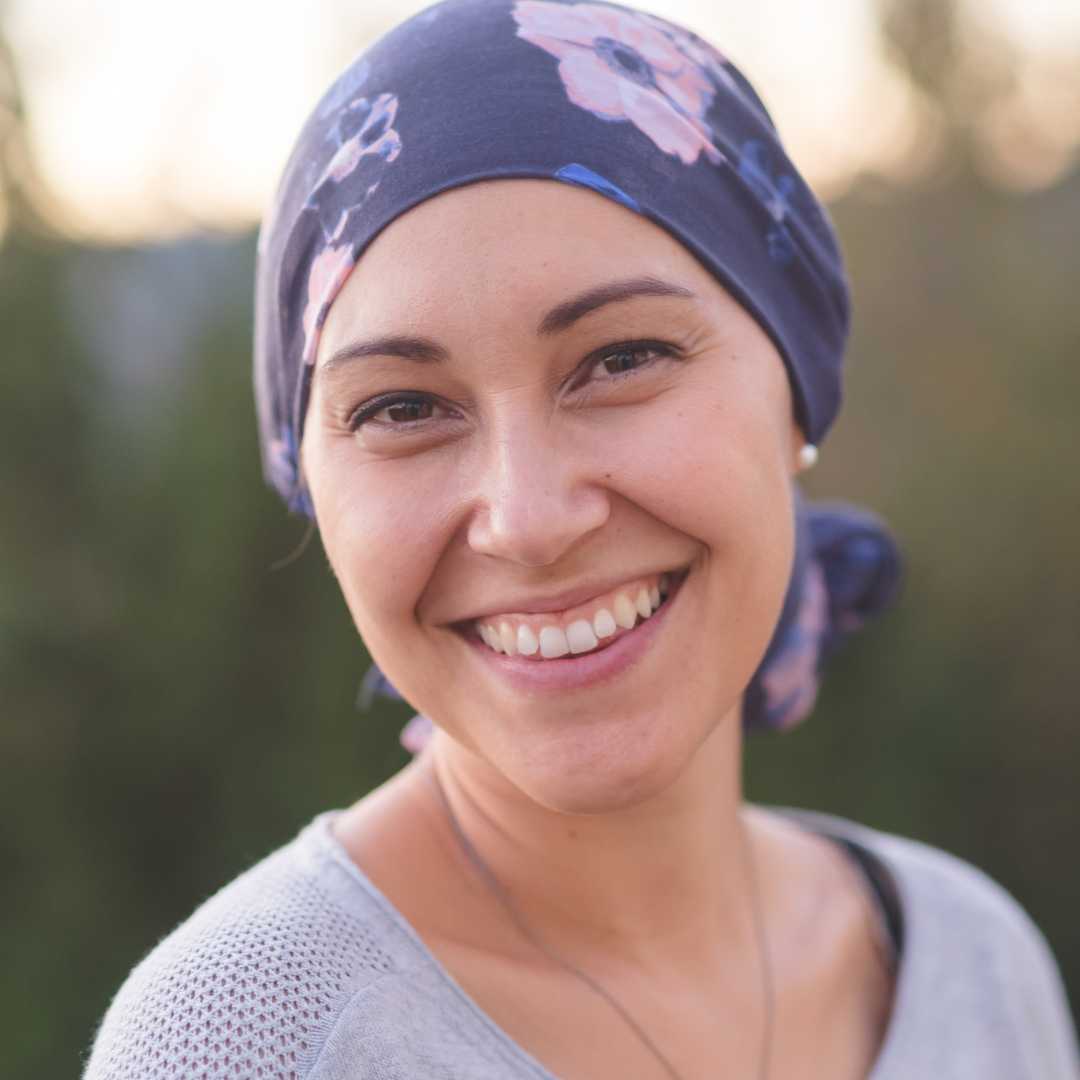

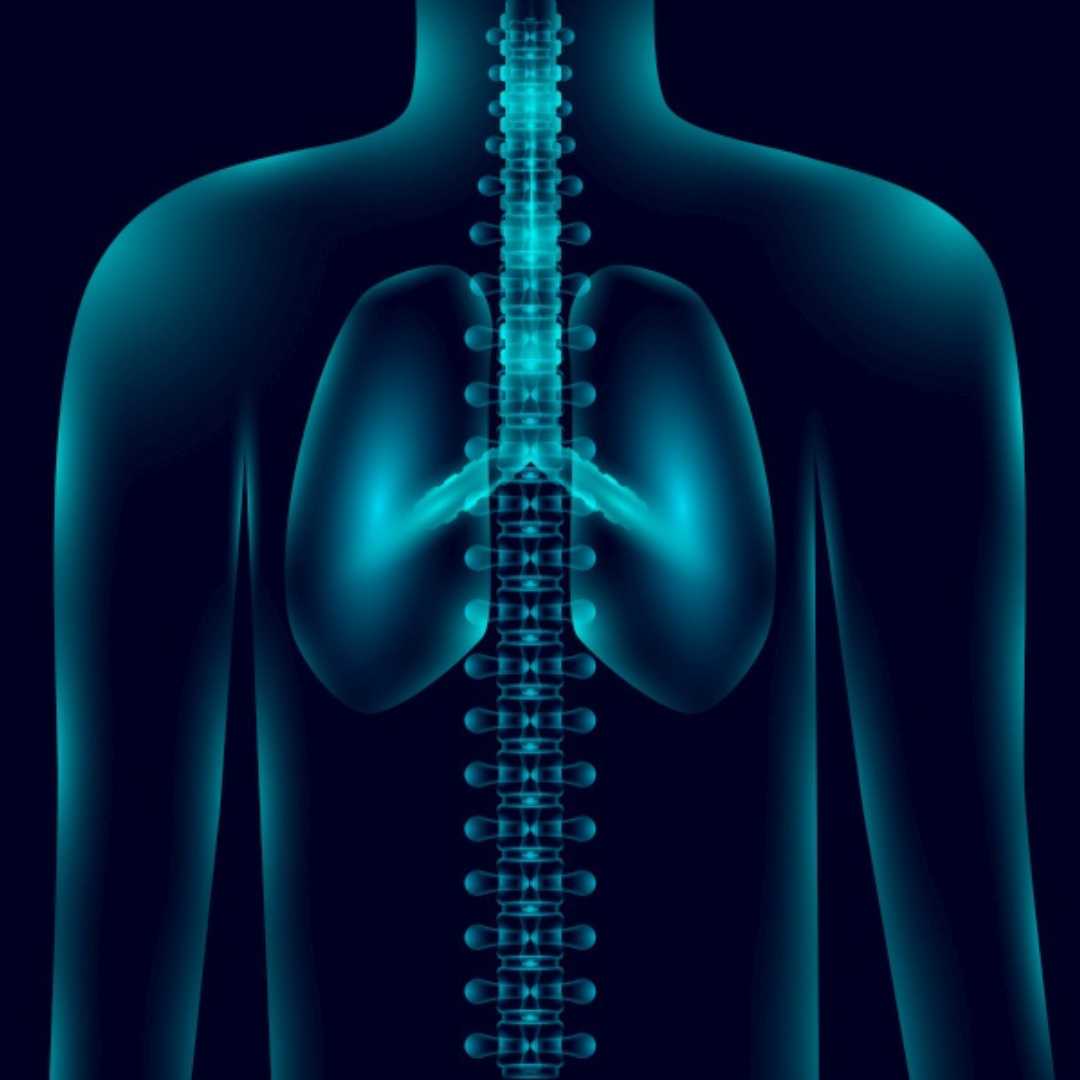




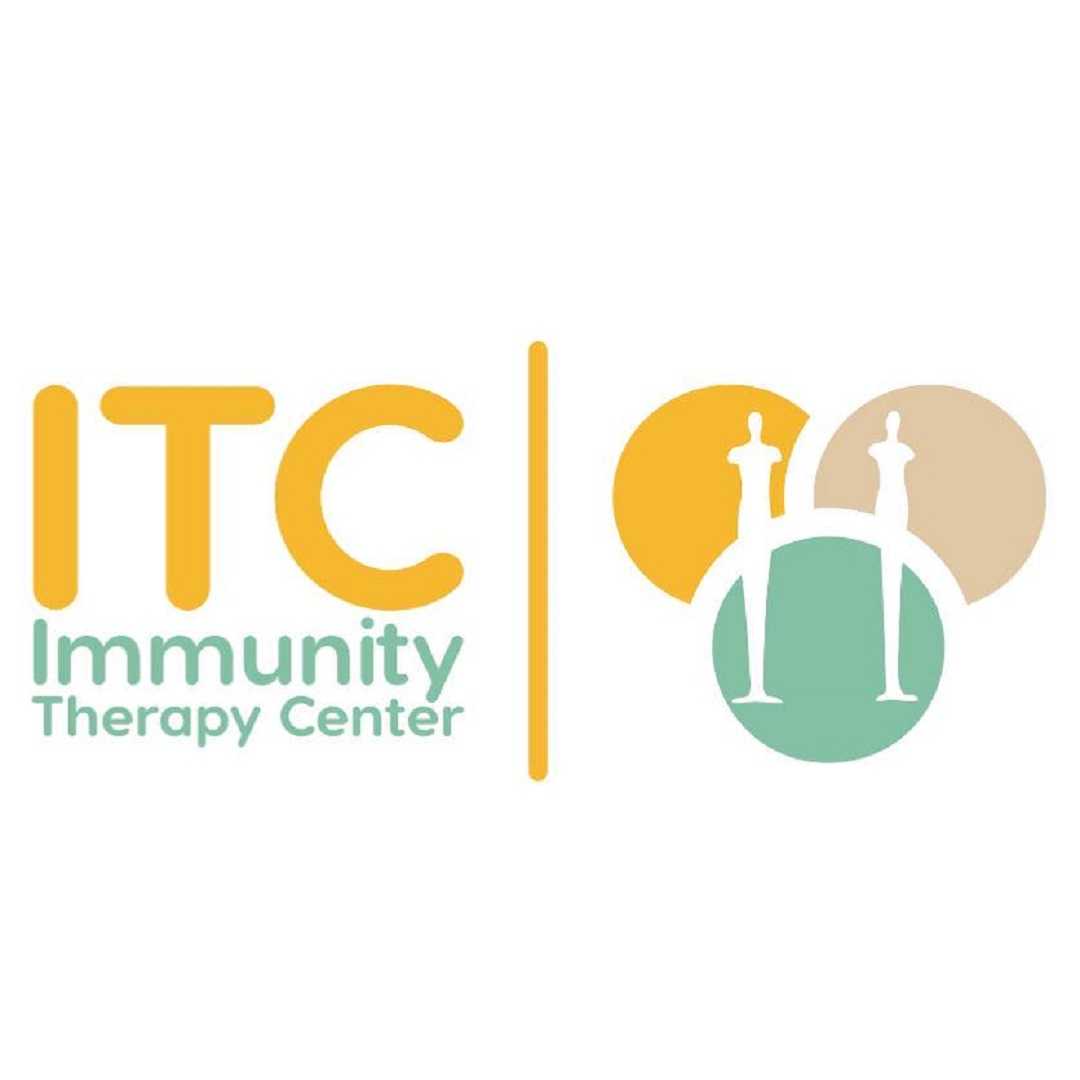


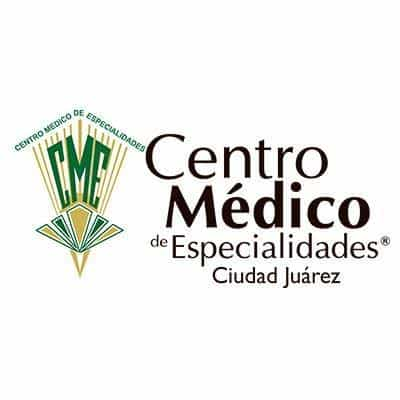


Share this listing